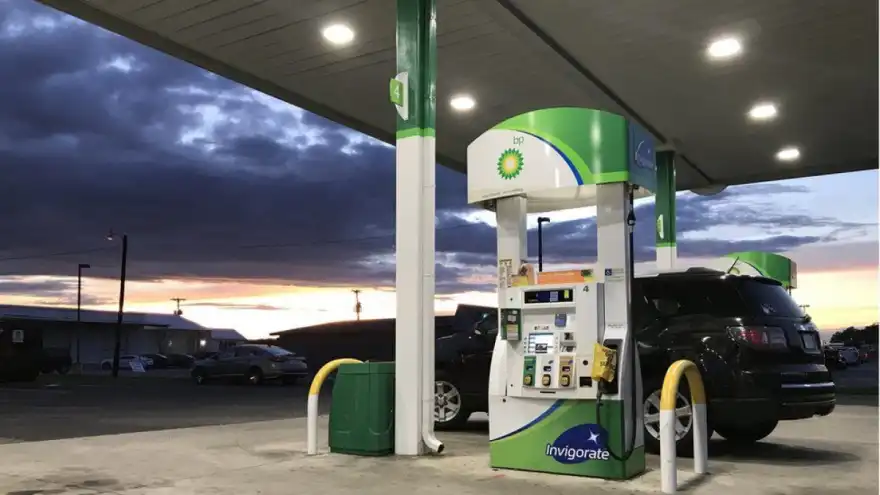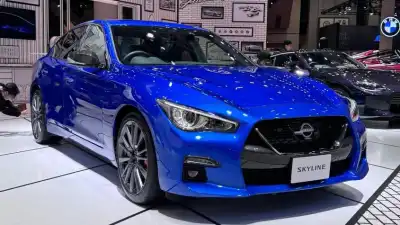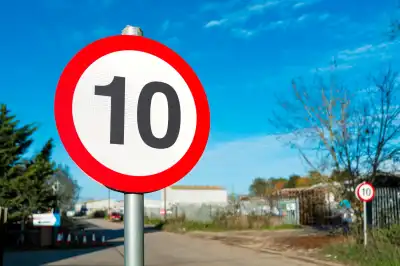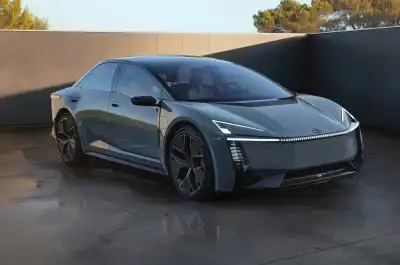
The switch to E10 fuel, which is a blend of petrol and bioethanol made out of materials including low grade grains, sugar and waste wood, is expected to cut transport CO2 emissions by around 750,000 tonnes a year - equivalent to taking 350,000 cars off of roads.
The Government has said the fuel will cost approximately 0.2p per litre more than current E5 petrol — meaning a £1.00 increase if fully refilling a 50-litre fuel tank.
The assessment also found that the energy content of E10 fuel is less than that of E5, meaning that drivers of petrol vehicles will find economy decreases and more trips to the pump will be required - although various reports state the economy difference is minor and therefore we don't expect this to cause any major headaches.
The overall fuel cost for petrol cars is expected to increase by 1.6% as a result of the transition. And although any fuel price rise is bad for us motorists, it seems to be classic car owners who will be hardest hit.
When the new E10 fuel comes in later this year, those who own vehicles incompatible with the new petrol will need to continue to use E5. E5 fuel will become the premium super grade petrol when E10 is made the standard and costs are expected to rise by at least 10p per litre.
As a general rule. Cars registered before 2002 are not advised to use E10 in their vehicle due to a range of problems. These problems include damage to a car’s seals, plastics and metals due to bioethanol’s corrosive nature.
The fuel could also be less stable meaning it can make incompatible cars harder to start but it is already used in other countries such as France, Belgium and Germany.




